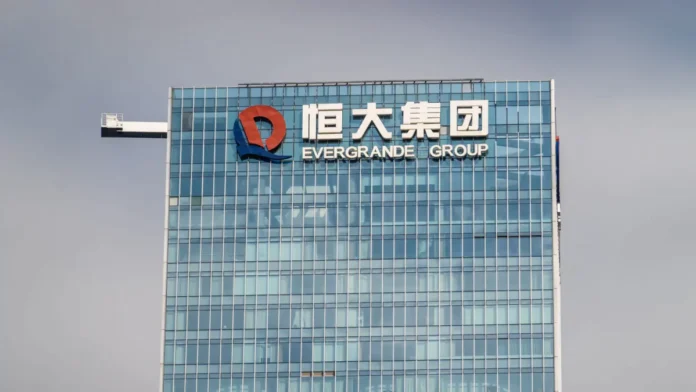January 29, 2024, Hong Kong – Hong Kong High Court has ordered the liquidation of China’s Evergrande, once the country’s largest property developer. This decision marks another setback for the beleaguered company, which has been grappling with over $300 billion in liabilities, amidst a broader property crisis affecting the Chinese economy.
Court Intervention Amidst Financial Struggles
The ruling by High Court judge Linda Chan on January 29 is a pivotal moment in the ongoing saga of Evergrande. The court’s decision initiates a comprehensive process involving the liquidation of the company’s assets and the replacement of its management, aimed at addressing the concerns of its numerous creditors.
Lingering Debt and Government Clampdown
Evergrande, which defaulted on a debt payment in 2021 and declared bankruptcy in the United States this year, has been at the center of attention as it grapples with financial turmoil. The company’s troubles are emblematic of the challenges faced by several firms in the real estate sector due to a prolonged government crackdown.
Winding-Up Petition and Court’s Verdict
The winding-up petition against Evergrande was filed by a creditor, Top Shine Global, in 2022. Despite attempts to negotiate a deal, the case dragged on until the recent court ruling. Judge Linda Chan expressed dissatisfaction with the lack of progress in presenting a viable restructuring proposal by Evergrande and cited the company’s insolvency as grounds for the winding-up order.
Legal Defense and Creditors’ Perspective
Evergrande’s lawyer, Jose-Antonio Maurellet, defended a revised proposal, claiming improvements had been made. However, an ad-hoc group of creditors asserted that the company had failed to engage with them effectively, leading to the decision for liquidation.
Economic Impact and China’s Property Crisis
The collapse of Evergrande holds broader implications for China’s economy, particularly in the construction and property sector, which once contributed around a quarter of the nation’s GDP. President Xi Jinping’s concerns about accumulating debt in the property sector prompted authorities to tighten credit access since 2020, leading to a series of defaults.
By June, Evergrande estimated its debts at a staggering $328 billion, underscoring the magnitude of the financial challenges. The liquidation order is seen as a significant step in addressing the ongoing property crisis, though concerns linger about potential contagion effects on the broader economy.
Market Response and Future Outlook
Following the court’s decision, Evergrande’s shares plummeted by 20.87% to HK$0.16 in Hong Kong, prompting a trading halt. While this may negatively impact sentiment in the short term, analysts suggest that the company’s specific restructuring issues might not necessarily set a precedent for others. Nevertheless, the property crisis in China remains a persistent drag on its economy, with ongoing implications for the real estate sector.
As the court deliberates further details and the appointment of a liquidator, the Evergrande saga continues to unfold, shaping the narrative of China’s evolving economic landscape. Investors and stakeholders are closely monitoring developments as the country grapples with the repercussions of a challenging property market.
